MATCH (pr:PR)-[:CLOSED_ON]-(cls)
WHERE NOT(cls.closedDate = '' )
RETURN pr
Execution time : 588 ms
MATCH (pr:PR)-[:CLOSED_ON]-(cls)
WHERE NOT(cls.closedDate = '' )
AND apoc.date.parse(cls.closedDate,'s', 'MM/dd/yyyy') >= apoc.date.parse('01/01/2014','s', 'MM/dd/yyyy')
AND apoc.date.parse(cls.closedDate,'s', 'MM/dd/yyyy') <= apoc.date.parse('06/13/2017','s', 'MM/dd/yyyy')
RETURN pr
Execution time : 2926 ms
Number of pr Node : 35,000
Why it take more time on more where statement?
